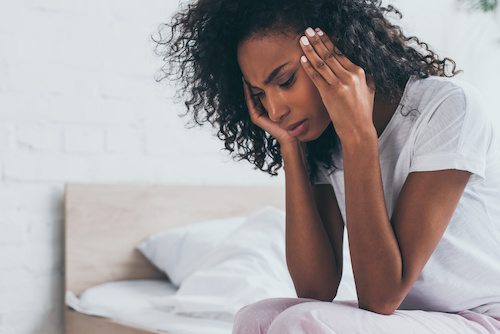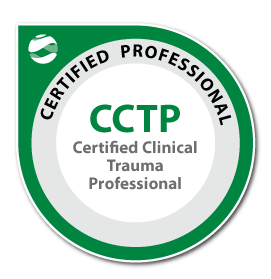Smith Psychotherapy News
How the Social Isolation of COVID-19 has Affected the Development of Anxiety and Depression

Relevant, up-to-date information on mental health, services and treatments in a friendly and easy-to-read format.
How the Social Isolation of COVID-19 has Affected the Development of Anxiety and Depression

The COVID-19 pandemic was an unprecedented health threat the likes of which we haven’t seen in the 21st century. However, there was another health risk bubbling under the surface that was overshadowed by all of the attention focusing on the novel coronavirus strain and its rapid spread around the globe. The adoption of social distancing, stay-at-home orders, and other measures designed to keep people apart led to a stark rise in mental health issues, especially depression and anxiety.
The Worsening of an Already Problematic Trend
From January to June of 2019, it was reported that one in ten adults experienced symptoms of depressive disorder or anxiety. While this was an alarming statistic to begin with, the stresses of the pandemic and related complications saw a nearly four-fold increase in these mental health problems. In fact, around 4 in 10 adults reported having these symptoms during the pandemic. In July of 2020, many adults in the US reported a variety of negative side effects related to their mental health struggles such as:
- Difficulty eating
- Difficulty sleeping
- Increased substance use
- Increased alcohol consumption
- Worsened chronic conditions
Social Isolation and Health Complications
Human beings are social animals by nature. Although everyone enjoys solitude, being separated from loved ones, family members, friends, and even coworkers for extended periods of time can have a negative impact on your mental and physical health. The Journals of Gerontology published a study suggesting that loneliness was correlated with a 40% boost in the risk of developing dementia. A similar study out of Newcastle University found that individuals with a lack of social relationships are at a higher risk for having a stroke or developing coronary heart disease.
The Importance of Mental Health Practices
With the COVID-situation starting to improve, people are experiencing less socially-reinforced isolation and loneliness. However, this doesn’t mean that rates of anxiety, depression, and other conditions are going to immediately improve. It’s a process of healing that takes time. Working with a professional is an excellent way to get at the roots of your anxiety and stress in order to make a full recovery towards a more fulfilling and rewarding life.
If you are feeling the effects of COVID-19 induced anxiety or depression, we are here to help. Contact us today.




